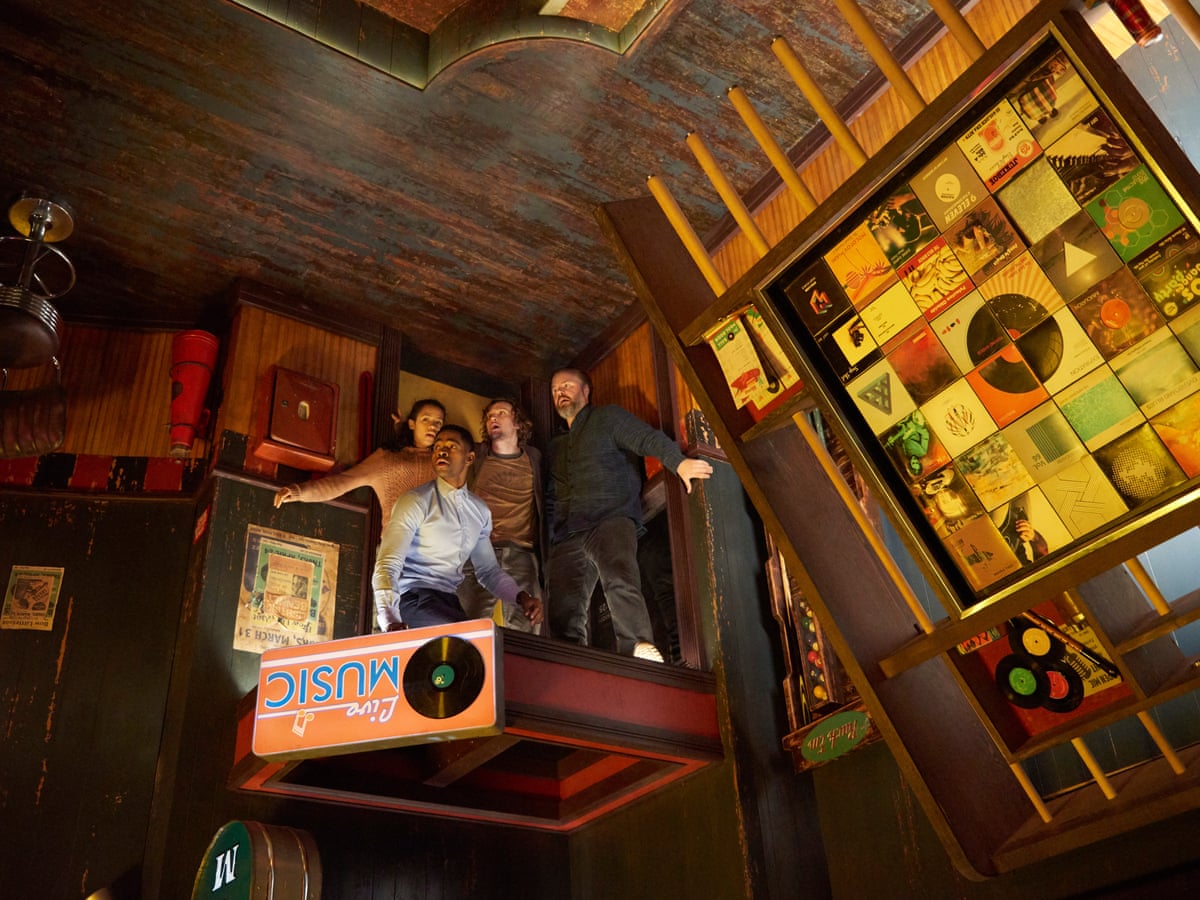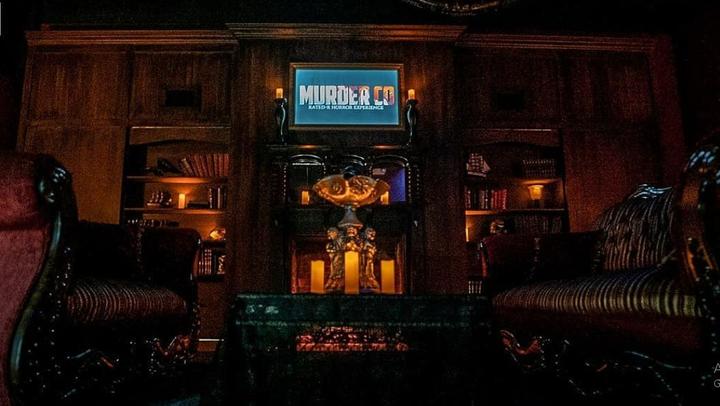Best Escape Room-- Examination Your Skills and Address the Mystery
Best Escape Room-- Examination Your Skills and Address the Mystery
Blog Article
Team Methods: Exactly How to Work together Effectively in an Escape Room
Browsing the intricacies of a getaway room necessitates more than plain excitement; it needs a well-coordinated technique based in clear communication, tactical role assignments, and experienced time monitoring. Teams should actively pay attention per member's insights, appoint functions that line up with specific staminas, and maintain normal check-ins to make sure focus and prevent redundancy. By cultivating an atmosphere that values cohesion and adaptability, groups can substantially increase their performance and success rates. The subtleties of these techniques can transform the experience, yet exactly how exactly can they be applied to make the most of the potential for success?
Establish Clear Interaction

To help with clear interaction, it is necessary to designate a central point of call for information dissemination. Quick, concentrated updates from each team member can maintain the team educated without overwhelming them with info.

Assign Roles Strategically
While clear interaction sets the structure for effective teamwork, appointing functions strategically makes sure that each group member's toughness are used effectively. In a retreat space circumstance, the time-sensitive and intricate nature of challenges necessitates a well-organized strategy to job delegation. By recognizing and leveraging private competencies, teams can maximize their problem-solving abilities and improve total performance.
A person with a keen eye for detail might excel in locating covert items, while a sensible thinker could be better matched to fixing problems. This duty typically needs solid organizational and interpersonal skills.
2nd, ensure that roles are flexible and adaptable. As new challenges arise, the group has to have the ability to pivot, reallocating tasks as needed. This versatility assists maintain momentum and prevents traffic jams that can take place as a result of rigid function jobs.
Inevitably, a critical technique to function project not only maximizes the toughness of each staff member yet likewise promotes a cohesive setting, driving the group towards an effective getaway.
Utilize Diverse Abilities
Recognizing and using the diverse abilities within your group can significantly boost your efficiency in a retreat space. Each team participant brings unique staminas to the table, and efficiently leveraging these capabilities can accelerate problem-solving and boost overall effectiveness. A team participant with solid logical skills may succeed at analyzing intricate codes or patterns, while another with keen observational capacities might rapidly spot concealed ideas that others could overlook.
Efficient interaction is key to utilizing these diverse abilities. Urge employee to voice their insights and ideas quickly, making certain that all possible remedies are considered. This inclusive method promotes a dynamic atmosphere where creative thinking and critical thinking can thrive. Additionally, assigning tasks that align with each member's strengths can avoid bottlenecks and guarantee that development is continuous.
Additionally, variety in abilities commonly equates to variety in believing designs, which is invaluable in an escape area setup. While some obstacles may need rational reasoning and accuracy, others might take advantage of imaginative and lateral thinking. By acknowledging and leveraging this variety, teams can deal with a broader array of difficulties a lot more properly, thus raising their possibilities of an effective getaway.
Manage Time Successfully

First, allot first mins for a fast this survey of the space. Determine visible problems and divide tasks based upon employee' toughness, ensuring that nobody is idle. Establish interior time checkpoints to review progress periodically; as an example, purpose to have half the challenges solved by the mid-point of the game. This method can aid maintain the group concentrated and protect against time from escaping unnoticed.
Furthermore, prevent one-track mind. If a challenge is taking too long, revolve staff member or carry on to one more difficulty, returning later with fresh viewpoints. Communication is critical-- maintain every person updated on resolved puzzles and continuing to be jobs to prevent redundant initiatives.
Last but not least, make use of any type of hints or clues sparingly but tactically - best escape room. Knowing when to ask for help can conserve beneficial time. By sticking to these time monitoring principles, groups can considerably boost their opportunities of a successful and pleasurable retreat space experience
Debrief and Reflect
Reflection is an important aspect of group growth and improvement in the context of getaway spaces. When the challenge is finished, whether efficiently or otherwise, it is critical for the group to engage in an organized debriefing session. This procedure allows employee to analyze their performance, determine toughness, and determine official statement areas for renovation.
Begin the debrief by reviewing what went well. Highlight details instances of reliable communication, analytical, and partnership. Identifying these favorable habits strengthens them and encourages their repeating in future obstacles.
Following, resolve the challenges encountered. Review minutes of confusion, miscommunication, or ineffective approaches. Urge an open and useful dialogue where employee can share their point of views without concern of objection. This cultivates a culture of continuous renovation and understanding.
Conclusion
In final thought, effective collaboration in a getaway area is predicated upon clear interaction, tactical function assignments, the reliable application of varied abilities, and proficient time management. Routine check-ins and structured debriefings are vital for preserving emphasis and promoting continual improvement. By creating a cohesive and adaptive team atmosphere, the possibility of effectively fixing problems and attaining the objective of running away the space is dramatically improved. This technique not just guarantees success yet also advertises collective growth and discovering.
Report this page